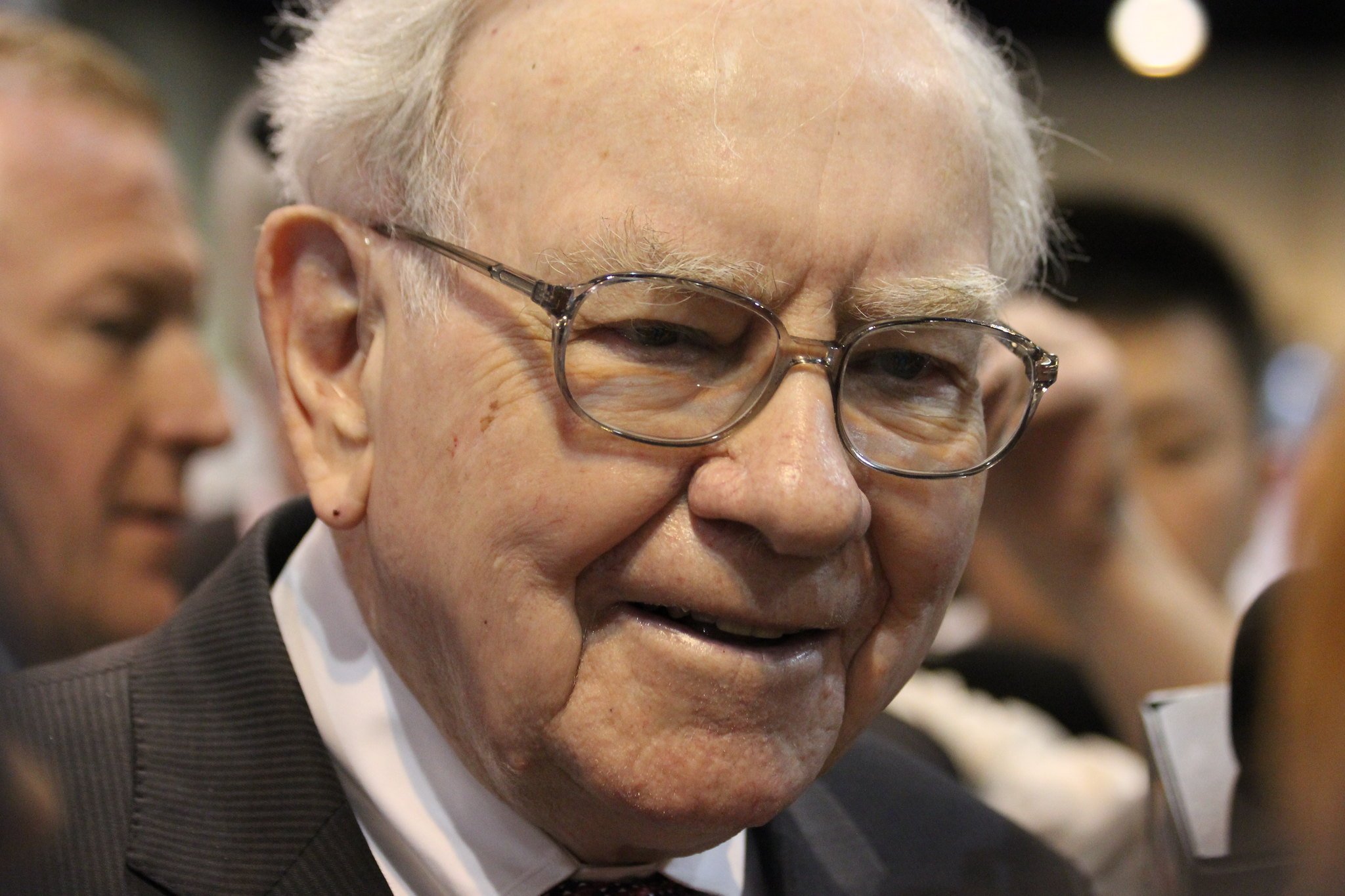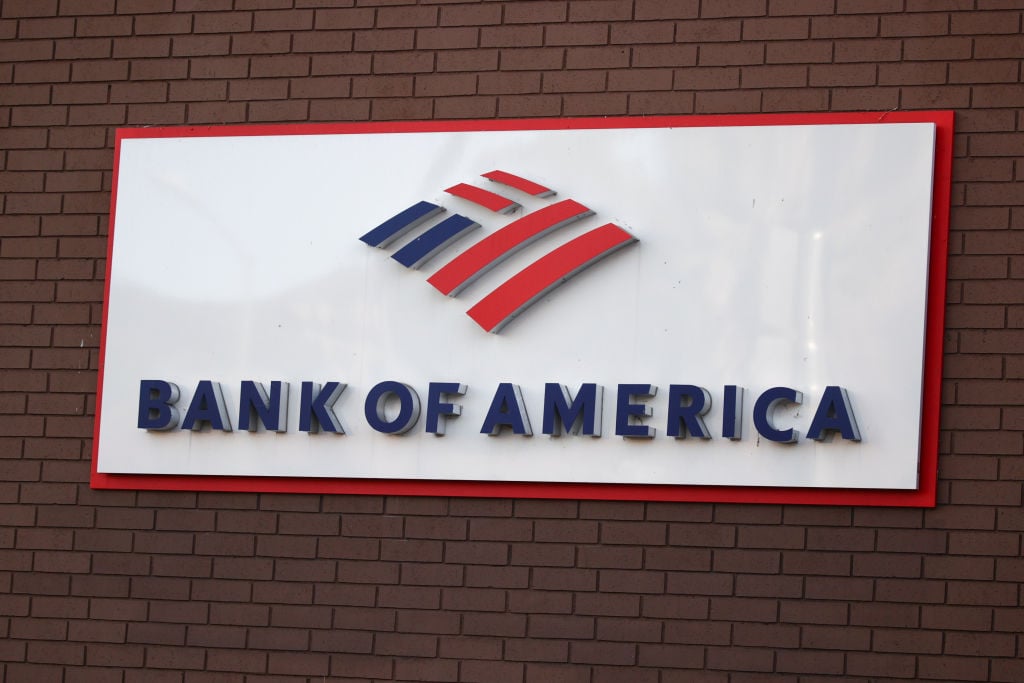The nation's second largest bank by assets has seen better days. Since peaking in the middle of March, shares of Bank of America (BAC +0.72%) have fallen by nearly 20%. The slide continued on Thursday after a downbeat earnings report from Wal-Mart (WMT +0.42%) fueled negative sentiment in the market.
Bank of America, Wal-Mart, and guilt by association
It isn't an exaggeration to say that the Arkansas-based discount retailer had a dismal quarter. For the three months ended April 30, traffic at Wal-Mart's domestic locations dropped by 1.4%, while same-store sales fell 0.1%.
The explanation given by executives is one we've heard repeatedly over the past few months: weather. "Like other retailers in the U.S., the unseasonably cold and disruptive weather negatively affected U.S. sales and drove operating expenses higher than expected," said Wal-Mart chief executive officer Doug McMillon.

That Bank of America operates in an entirely separate industry didn't shield it from the fallout. Thanks to Wal-Mart's size and geographic reach, its success serves as a potent reflection on the health of the American consumer. Poor results at the retail behemoth, in other words, are often looked upon as a canary in the coal mine for every other company that does business here.
This is particularly true for a lender like Bank of America. Unlike a Citigroup or Bank of New York Mellon, Bank of America depends heavily on average consumer to fuel both its top and bottom lines. In 2014, roughly 62% of its business came from retail customers as opposed to companies and institutional investors.
On top of this, the fact that Bank of America's shares dropped by nearly twice as much as the broader market isn't overly surprising either. With a beta of 2.02, this is to be expected, as it implies that the Charlotte-based bank's shares increase or decrease by 102% more than the market average on any given day.
The take away from today's performance, in other words, is really much ado about nothing. Regardless of whether you're long or short Bank of America's stock, there's no reason to adjust your thesis in response to the market's reaction on Thursday. Given that Wal-Mart appears to have been the trigger, Bank of America's role was little more than guilt by association.







